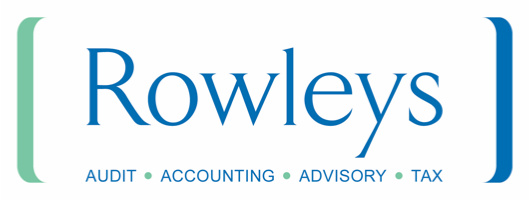News & Events
How will the new guidance from ICAS, ICAEW and PRAG change the way you need to audit and report the performance of your pension scheme?
14th July 2020
The ICAS, ICAEW and PRAG have just released new guidance on the way they feel COVID-19 will affect the way pension schemes are reported and audited. Their aim is to help those involved in preparing the required financial statements to navigate the additional challenges the pandemic has created more effectively.
In a bid to set the scene at the launch of the guide Andrew Penketh, chair of ICAEW pensions’ sub-committee, said:
“The coronavirus crisis has brought about new challenges for trustees, accountants and auditors in the preparation and audit of the annual report and accounts of pension schemes. This joint guide will help navigate these challenges so that key issues and accounts disclosures are considered and dealt with in an appropriate and timely way.”
While Shona Harvie, chair of the PRAG executive, said:
“This guidance aims to provide the pensions industry with a joined-up approach to addressing the impact of COVID-19 on pension scheme accounts. In conjunction with this, PRAG will be issuing updated going concern guidance for pension schemes following the recent revision to International Standard on Auditing (ISA) (UK) 570 Going Concern.”
The guide is relevant to any private sector occupational defined benefit (DB) or defined contribution (DC) trust-based pension schemes in the UK currently applying the Pensions’ SORP. The overarching headline is that trustees and auditors need to continue to continue to apply all of the existing standards but, at the same time, ensure they remain totally up to date with any new direction from the Financial Reporting Council and The Pensions Regulator relating to COVID-19.
Below that headline 5 of the main takeaways for trustees are:
- The responsibilities for reporting to The Pensions Regulator
There will be no relaxation of a pension trustees’ responsibilities under the notifiable events regime and those running DC master trusts will still need to comply with their significant and triggering events duties.
In addition, the ongoing obligations for trustees and scheme advisers to report matters of material significance will need to be matched to The Pension Regulators’ announcements regarding possible easements.
- The way COVID-19 will impact on the control environment of pension schemes
The impact COVID-19 has on the control environment of a pension scheme will depend on the end date of the last reporting period.
For example, if the last reporting period ended on 31st December 2019, it is unlikely COVID will have had an effect. However, it almost certainly will have had an impact subsequently so this will be relevant to the scheme’s annual report and the supporting financial statements.
- The trustees’ report and the chair’s statement
From a governance perspective trustees should mention the impact of COVID-19 in their trustees’ report and any other narrative elements in the annual report, for example on the Chair’s statement.
- The need for greater focus on going concern
Trustees are responsible for assessing going concern assessment and their assessment must meet the requirements of both the Financial Reporting Standards set in the UK and Republic of Ireland and the Pensions SORP.
Although the need to prepare statements on a going concern basis hasn’t changed, it’s likely that more schemes will need to disclose any material uncertainty relating to going concern caused by COVID-19.
- Accounting for scheme investments
There are indications that obtaining asset valuations for periods ending on or after the 31st March 2020 will be challenging for asset classes like commercial property and private equity investments. The new guidance suggests that if a reliable valuation can’t be obtained, trustees and auditors need to discuss the potential implication the lack of valuation may have on the scheme’s financial statements and, if necessary, agree on an alternative audit procedure.
Trading conditions also need to be taken into account and commentary should be included if there have been significant changes between the performance of the investments between this year and last year and if necessary some investment may need to be re-categorised in the scheme’s disclosures.
Given the markets surrounding their investments are likely to remain volatile for some time to come, trustees will need to monitor the nature and extent of the inherent risks and maybe even update their scheme’s investment risk disclosures to explain their investment strategy and the measures they have taken to mitigate the likely risks.
These are only some of the main points raised by the new guidance and the report goes in to much more detail about, amongst other things, the issues auditors will have to address in order to minimise the impact COVID-19 will have on the way they conduct their audits and the way they communicate with the trustees in the short term.
If you would like to download a copy of the new guidance you can do so here but if you would like to discuss how these suggestions could impact on the way your pension scheme is audited, please call Robert Radford on 0116 2827000 or email us at post@rowleys.biz
